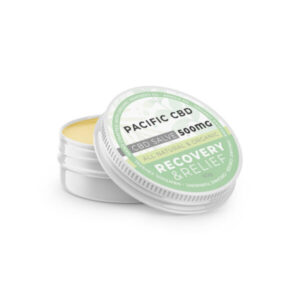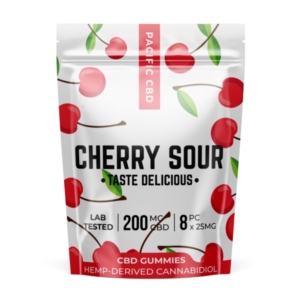Introduction
Anxiety and depression are two of the most common mental health disorders affecting millions of people worldwide. Traditional treatments often involve psychotherapy and medications, but these don’t always provide relief for everyone. Increasingly, individuals and healthcare professionals are looking towards alternative treatments. One such alternative that has sparked widespread interest is cannabis. It is essential to understand the scientific research, benefits, potential drawbacks, and legalities surrounding the use of cannabis in treating anxiety and depression.
Understanding Anxiety and Depression
Before diving into the potential role of cannabis, let’s briefly look at what constitutes anxiety and depression. Anxiety disorders are characterized by excessive and persistent worry and fear about everyday situations, while depression is a mental health disorder marked by persistent feelings of sadness and a lack of interest in activities. Both conditions can significantly interfere with one’s daily life, and they often occur together.
The Role of Cannabis in Anxiety and Depression
Cannabis has been used for centuries for its potential therapeutic benefits. The two main components of cannabis that have been most extensively studied are cannabidiol (CBD) and tetrahydrocannabinol (THC). THC is the primary psychoactive component of cannabis, while CBD is non-psychoactive and has been linked to various therapeutic effects.
A body of preclinical and some clinical studies suggest that cannabis, specifically CBD, may have anti-anxiety and antidepressant effects. The theory is that CBD interacts with the serotonin receptors in the brain. Serotonin is a neurotransmitter that plays a significant role in mood regulation. It’s thought that maintaining balanced serotonin levels can help with mood disorders such as anxiety and depression.
Research Insights
Several studies have shown promise in this area. For instance, a study published in the Journal of Psychopharmacology in 2019 showed that CBD could potentially help reduce anxiety-related behaviors in people with a condition called Convergent Disorder. Another 2019 study in the Brazilian Journal of Psychiatry suggested that CBD might be beneficial in dealing with public speaking-related anxiety.
Regarding depression, a review of preclinical studies published in 2014 in CNS & Neurological Disorders – Drug Targets concluded that CBD exhibited antidepressant-like effects in animal models of depression. While these results are promising, it’s important to note that more extensive clinical studies involving humans are required to conclusively determine the effectiveness of CBD for anxiety and depression.
The Potential Drawbacks
While research into the therapeutic effects of cannabis is ongoing, it’s crucial to also consider the potential drawbacks. Some research has indicated that high concentrations of THC can exacerbate anxiety symptoms and contribute to mental health disorders. Long-term use of cannabis has been linked to psychiatric disorders, including a higher risk of depression.
Moreover, cannabis use can lead to short-term side effects, including impaired memory, altered judgment, and coordination problems. It’s also worth noting that the quality and composition of cannabis products can vary widely, making it difficult to predict the effects.
Conclusion
The possibility of cannabis playing a role in managing anxiety and depression is intriguing and offers hope for those who have not found relief through traditional treatments. While preliminary research suggests potential benefits, especially from CBD, a balanced perspective is necessary. The potential risks and legalities surrounding cannabis use must be considered. Above all, anyone considering cannabis for anxiety or depression should do so under the guidance of a healthcare professional.
Future research will no doubt continue to illuminate our understanding of cannabis and its therapeutic potentials. As our understanding grows, so too will our ability to utilize this ancient plant in a way that maximizes its benefits and minimizes its risks.
Disclaimer: This blog post is not intended to provide medical advice, diagnosis, or treatment. Always seek the advice of your physician or other qualified health provider with any questions you may have regarding a medical condition.








